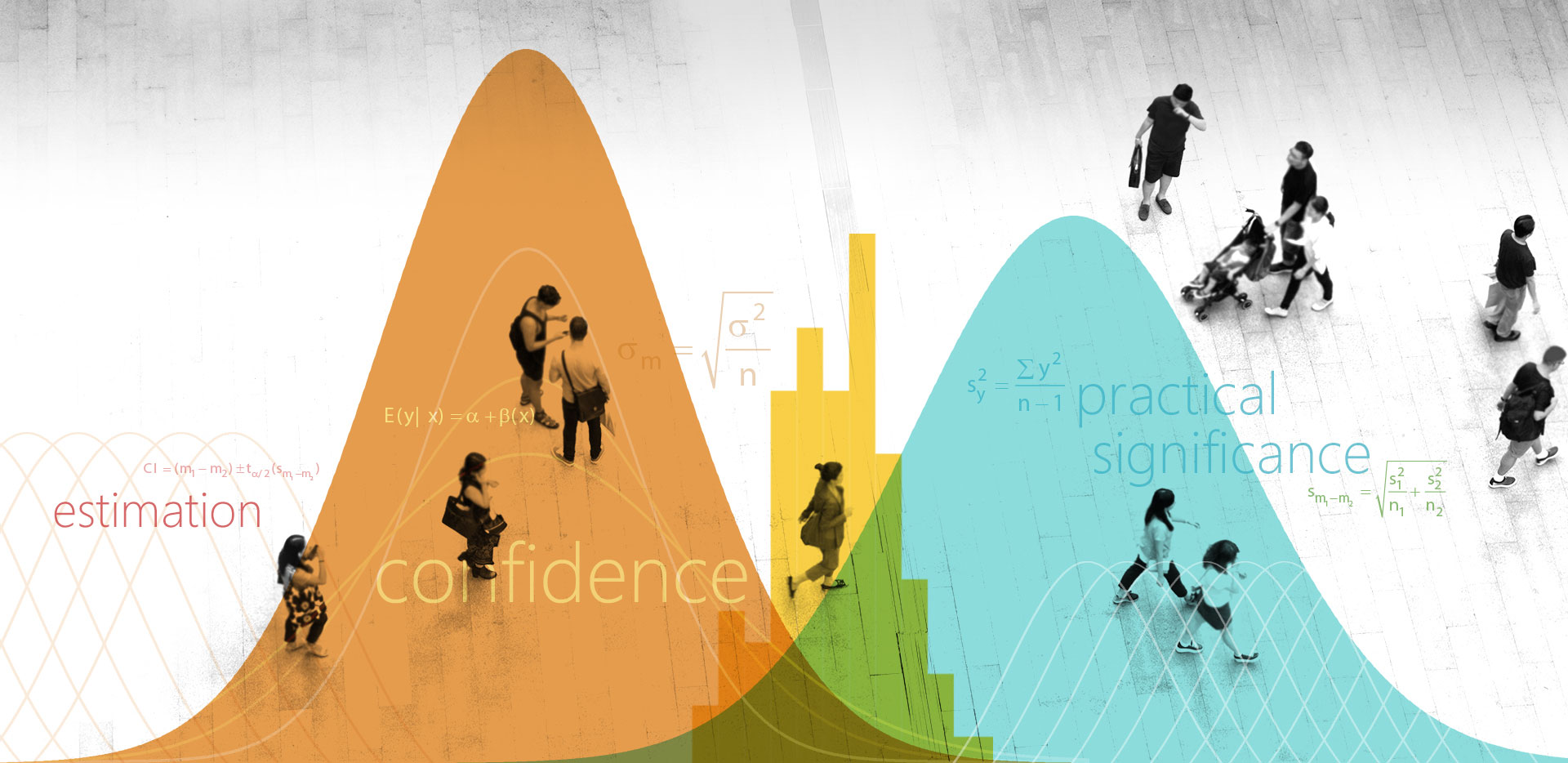PSYC 315 - Statistical Analysis I
This course is an introduction to statistics that are used in the context of psychology research. Topics dealt with include frequency distributions, measures of central tendency and dispersion, the normal curve, correlation, linear regression, elementary probability theory, an introduction to hypothesis testing, and the t test. These topics are covered in lectures and in weekly laboratory sessions where students learn how to perform statistical tests both manually and with specialized software.

Semester:
- Fall (September 3 - December 2, 2024)
- Winter (January 13 - April 12, 2025)
Instructor:
Please refer to the Course Outline below.
Program:
Undergraduate, 3 credits
$117.05 CAD + applicable taxes.
Prerequisite
Prerequisite: PSYC 200 or equivalent; or permission of the Department
NOTE: Students who have completed Cegep QM 360-300 (Quantitative Methods) and MATH 201-300 (Complementary Topics in Mathematics) with 75% or better grades can be exempt from PSYC 315. Exemptions may be granted on the basis of other courses. Application for exemption should be made to the Arts and Science Student Academic Services.
Students who have received credit for BIOL 322, COMM 215, DESC 244, ECON 221 and 222, GEOG 362, MAST 333, SOCI 212 and 213 or STAT 249 and 250 may not take this course for credit. Students who have completed CEGEP QM 360-300 (Quantitative Methods) and MATH 201-300 (Complementary Topics in Mathematics) with 75% or better grades can be exempt from PSYC 315. Exemptions may be granted on the basis of other courses. Application for exemption should be made to the Arts and Science Student Academic Services.
Reserved for students in Psychology.
Book:
Gurnsey, Rick. Statistics for Research in Psychology: A Modern Approach Using Estimation. SAGE Publications, 2018.
Registration Information:
Concordia students must register for this course in their Student Hub. It is strongly recommended that they consult Concordia's class schedule prior to enrolling in order to be aware of any registration restrictions (see the notes).
Once registered, students must then sign up for an eConcordia account to access the course material.
» Visit the registration section for details.
 COURSE OUTLINE
COURSE OUTLINE
Disclaimer: Information regarding the eConcordia course found on this page may change without notice. For the most recent course list, visit the Student Hub. Furthermore, if this represents the initial offering of the course, no course outline will be available until the start of the first active semester.